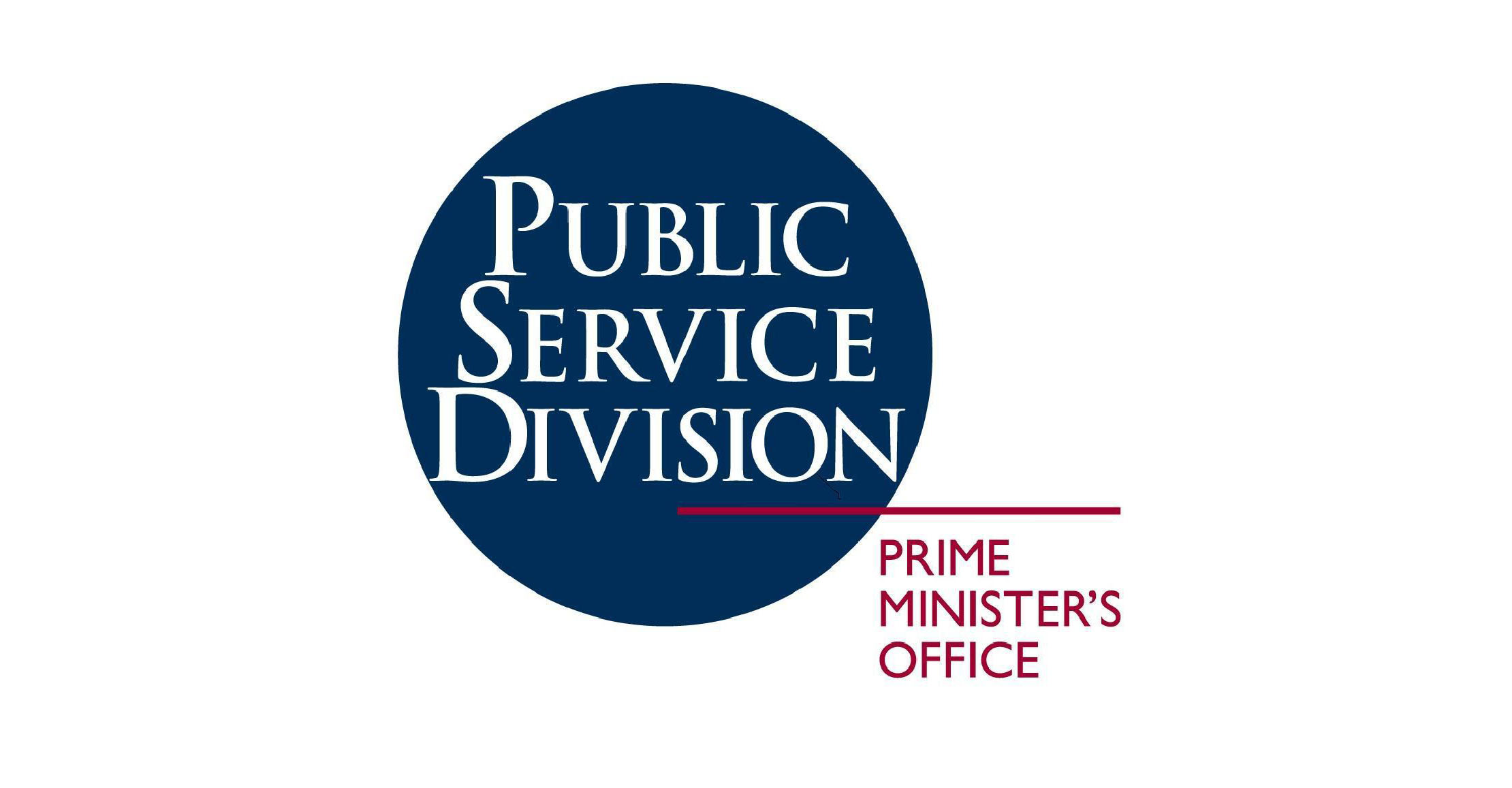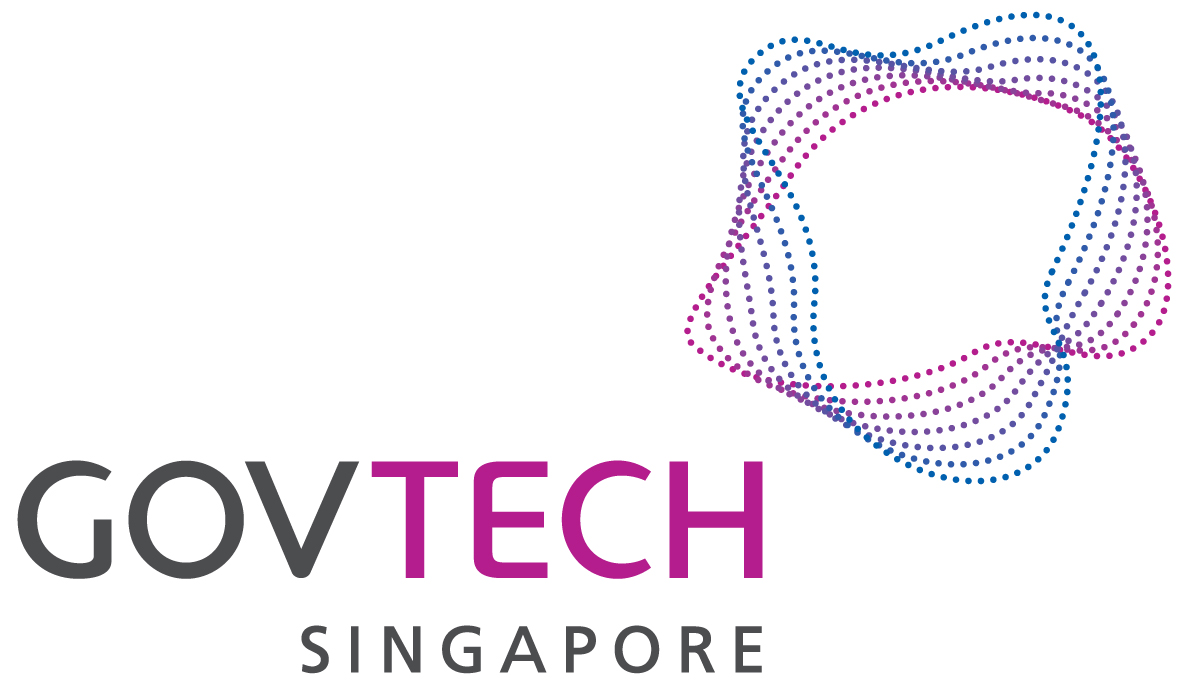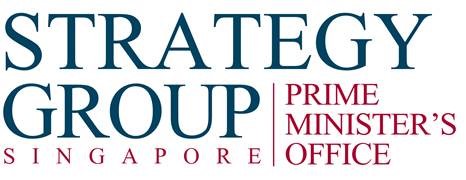About Us
The Prime Minister's Office (PMO) comprises seven agencies and three statutory boards that support and advise the Prime Minister.
The agencies operate independently and each reports to its own Accounting Officer.
The statutory boards are the Monetary Authority of Singapore (MAS) and the Civil Service College (CSC). MAS is the central bank of Singapore. Its mission is to promote sustained non-inflationary economic growth, and a sound and progressive financial centre. MAS has its own governing Board, chaired by Deputy Prime Minister and Minister for Finance Lawrence Wong. The Civil Service College is the central learning institution for the Singapore Public Service. It operates under the purview of the Public Service Division, Prime Minister's Office.
Find out more about the agencies and statutory boards.
Corrupt Practices Investigation Bureau (CPIB)

The Corrupt Practices Investigation Bureau (CPIB) is an independent body which investigates and aims to prevent corruption in the public and private sectors in Singapore. Established in 1952, it derives its powers of investigation from the Prevention of Corruption Act (Chapter 241). The bureau is headed by a director who is directly responsible to the Prime Minister
The bureau is responsible for safeguarding the integrity of the public service and encouraging corruption-free transactions in the private sector. It is also charged with the responsibility of checking on malpractices by public officers and reporting such cases to the appropriate government departments and public bodies for disciplinary action. Although the primary function of the bureau is to investigate corruption under the Prevention of Corruption Act, it is empowered to investigate any other seizable offence under any written law which is disclosed in the course of a corruption investigation.
Besides bringing corruption offenders to book, the bureau carries out corruption prevention by reviewing the work methods and procedures of corruption-prone departments and public bodies to identify administrative weaknesses in the existing systems which could facilitate corruption and malpractices, and recommends remedial and prevention measures to the heads of the departments concerned. Also in this regard, officers of the bureau regularly conduct lectures and seminars to educate the public officers, especially those who come into contact with the public, on the pitfalls of and the avoidance or corruption.
www.cpib.gov.sgElections Department (ELD)

The Elections Department (ELD) is responsible for planning and preparing for, and managing the conduct of presidential and parliamentary elections and of any national referendum in Singapore. The department has under its purview the Registry of Political Donations, which administers the Political Donations Act (PDA). The objective of the PDA is to prevent foreign interference in the domestic politics of Singapore through funding. ELD's work extends beyond the period of elections. Between elections, ELD must prepare and maintain readiness of the public service for the conduct of any elections. Its functions include:
- Training of election officials
- Maintaining and updating the registers of electors
- Planning for election manpower, premises, logistical and other related requirements for the conduct of elections
- Informing the public about the electoral system and voting processes
- Ensuring all electors have access to the electoral system and voting processes
- Administering the Political Donations Act and campaign spending rules
www.eld.gov.sg
National Research Foundation (NRF)

The National Research Foundation (NRF) is tasked to coordinate the research of different agencies within the larger national framework in order to provide a coherent strategic overview and direction. It will develop policies and plans to implement the five strategic thrusts for the national R&D agenda and to implement national research, innovation and enterprise strategies approved by the Research, Innovation and Enterprise Council (RIEC), and to allocate funding to programmes that meet the NRF strategic objectives.
The NRF is headed by a Chief Executive Officer and a Chief Operating Officer whereby both report to the Permanent Secretary (National Research and Development).The NRF has a Board to oversee its activities and it is accountable directly to the Prime Minister.
www.nrf.gov.sgNational Security Coordination Secretariat (NSCS)

The National Security Coordination Secretariat (NSCS) is a unit under the Prime Minister’s Office responsible for national security planning and coordination. NSCS works with agencies and stakeholders to develop and co-ordinate strategies to address national security concerns. NSCS also works with agencies to anticipate and identify emergent security risks, and to build up capabilities and resources to deal with these.
www.nscs.gov.sgPublic Service Division (PSD)

The Public Service Division (PSD) sets policy directions for shaping the Public Service through public sector leadership development and implementing progressive and effective Human Resource and Development policies. It awards and administers scholarships to attract and groom leaders, and provide training for an all rounded development of public officers. Through the Public Service for the 21st Century (PS21) initiatives, it promotes quality service, productivity and innovation among public officers so as to achieve greater efficiency and effectiveness. The PSD aims to build a first class public service for a successful and vibrant Singapore.
www.psd.gov.sgCivil Service College (CSC)

Civil Service College (CSC) plays a unique role in developing strategic and leadership capacity for the Singapore Public Service. It is a Statutory Board under the Public Service Division (PSD), Prime Minister's Office. The CSC partners the Public Service Division and other government agencies to deliver practitioner-focused programmes which build core public sector competencies. Its vision reinforces its identity as a key central agency and speaks of its role to serve as a catalyst for thought leadership in the business of government.
The CSC aims to build leadership and skills, nurture shared ethos and perspectives that are in sync with the emerging developments and trends. It seeks to enhance the capacity of Public Service officers by exploring new opportunities for development. The CSC continues to forge a tightly-knit partnership with Ministries and other agencies as part of a networked government.
www.cscollege.gov.sgSmart Nation and Digital Government Office (SNDGO)

The Smart Nation and Digital Government Office (SNDGO), under the Prime Minister’s Office (PMO) plans and prioritizes key Smart Nation projects, drives the digital transformation of government, builds long-term capabilities for the public sector, and promotes adoption and participation from the public and industry, to take a collective approach in building a Smart Nation.
Government Technology Agency of Singapore (GovTech)

The Government Technology Agency of Singapore (GovTech) is a statutory board formed in October 2016 after the restructuring of the Infocomm Development Authority.
Following the formation of the Smart Nation and Digital Government Group in May 2017, GovTech is placed under the Prime Minister’s Office as the implementing agency of the Group. GovTech works with public agencies to develop and deliver secure digital services and applied technology to individuals and businesses in Singapore. GovTech builds key platforms and solutions needed to support Singapore as a Smart Nation. As a leading centre for information communications technology and related engineering such as the Internet of Things, Data Science and Application Development, GovTech also enhances the capabilities of the Singapore Government in these domains.
www.tech.gov.sgStrategy Group (SG)

The Strategy Group in the Prime Minister’s Office drives Whole-of-Government strategic planning, and partners government agencies on policy development. It identifies key priorities and emerging issues over the medium to long term, such as population and climate change; it influences strategic resource allocation; and catalyses new functions and capabilities in order to deliver policies that are in the long-term interest of Singapore.
www.strategygroup.gov.sgMonetary Authority of Singapore (MAS)

The Monetary Authority of Singapore (MAS) was established on 1 January 1971 by the enactment of the MAS Act. MAS' mission is to promote sustained and non-inflationary growth of the economy as well as foster a sound and progressive financial services sector. As Singapore's central bank, MAS carries out a full range of central banking functions, including the issuance of currency following its merger with the Board of Commissioners of Currency (BCCS) on 1 October 2002. It also supervises the banking, securities, futures and insurance industries and is responsible for the development and promotion of Singapore as an international financial centre.
www.mas.gov.sg